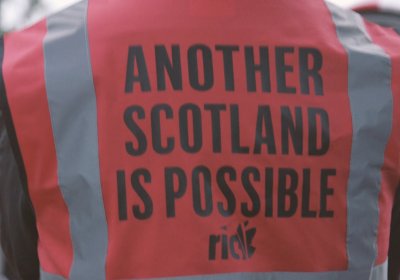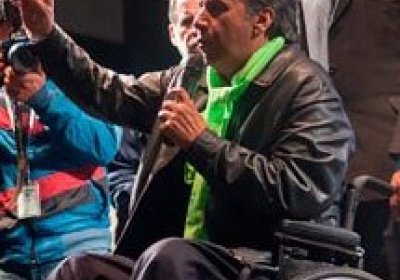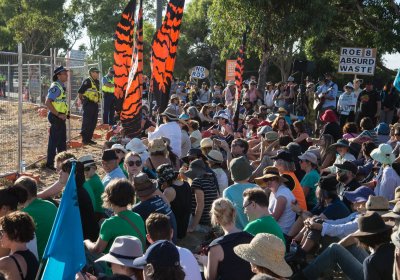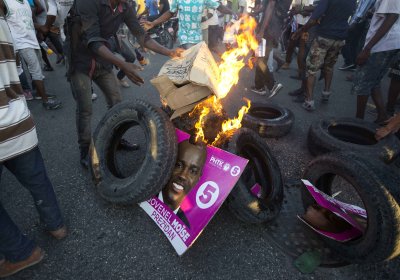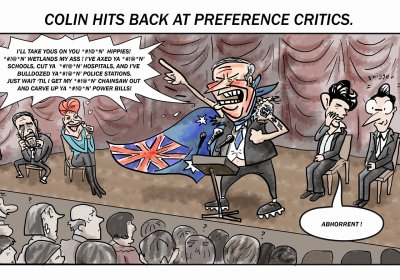You know how it is when you go to the movies. Sometimes the sequel has a bigger impact than the original.
The announcement by Scottish First Minister Nicola Sturgeon that she would bring forward proposals for a second referendum on Scottish independence may prove another example of this phenomenon.
There is a real feeling across Scotland, in Westminster and the media, that this time the Yes side could win and Scotland could break from the “United Kingdom”.
